2000 Chevrolet Express 3500 Brake Rotors and Pads
Click here to search another vehicle
All Rotors:
OEM x
Coated x
Drilled, Slotted and Coated x
Front x
Rear x
All Pads:
Ceramic x
Semi-metallic x
Front x
Rear x
Found 5 record
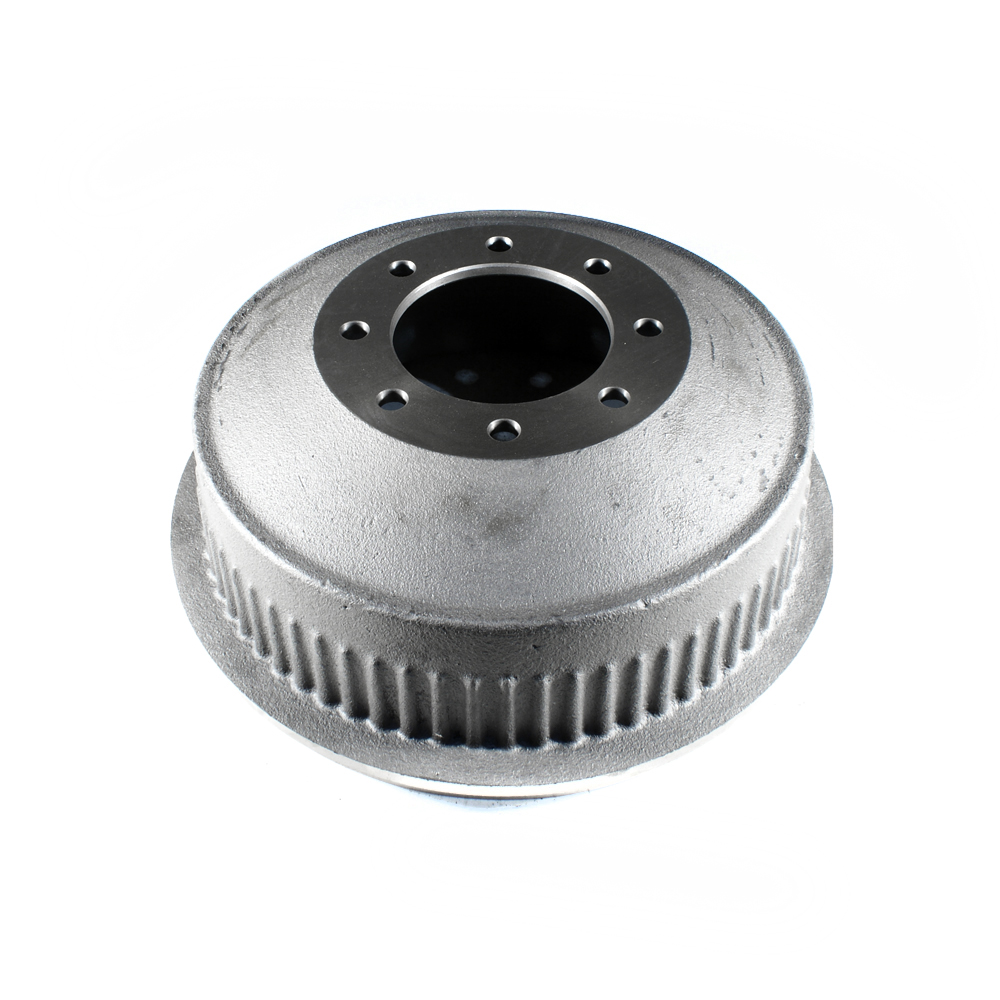
Part No: BD80000
Raybestos: 9531
OE: 15693468
Raybestos: 9531
OE: 15693468
$170.03 each
Per Car QTY: 2
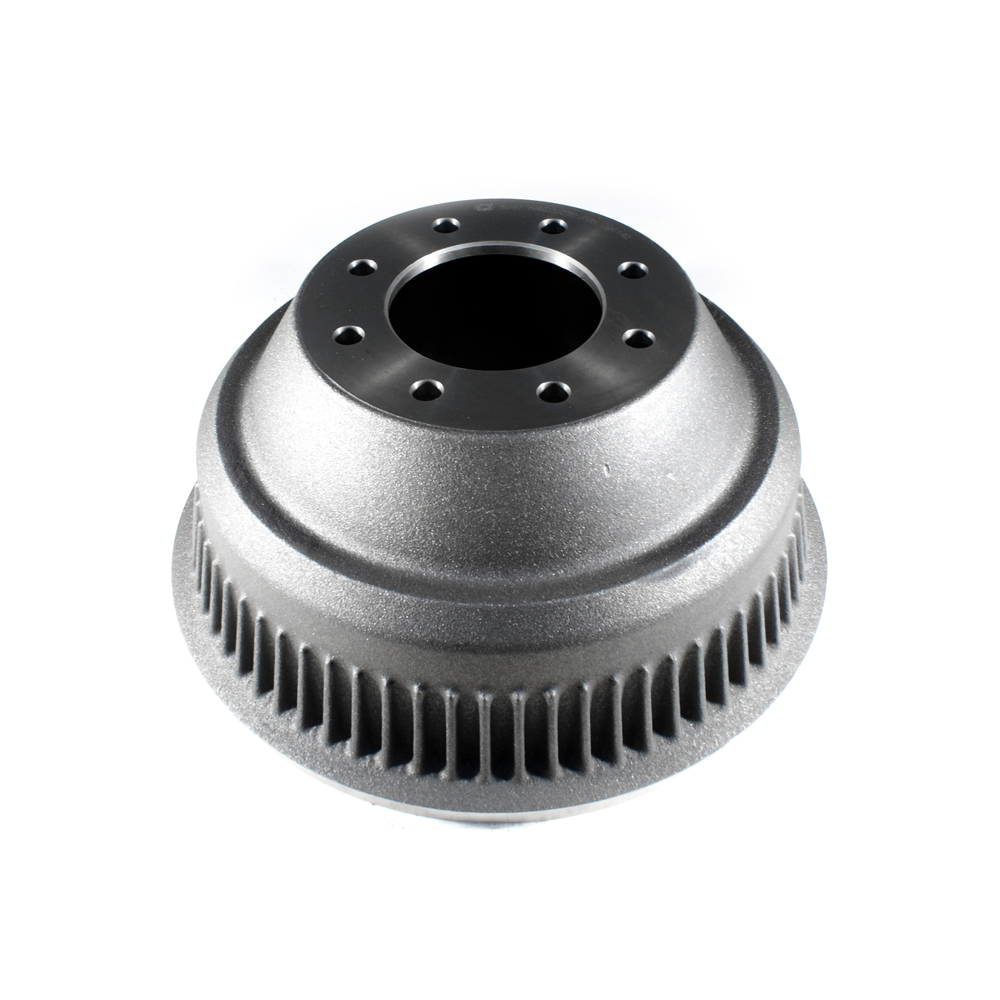
Part No: BD8997
Raybestos: 2591
OE: 15635951
Raybestos: 2591
OE: 15635951
$164.36 each
Per Car QTY: 2
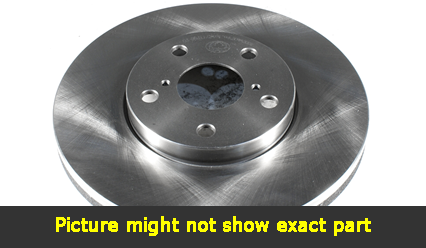
Part No: BR55032
Raybestos: 56593
OE: 18060213
Raybestos: 56593
OE: 18060213
$185.6 each
Per Car QTY: 2
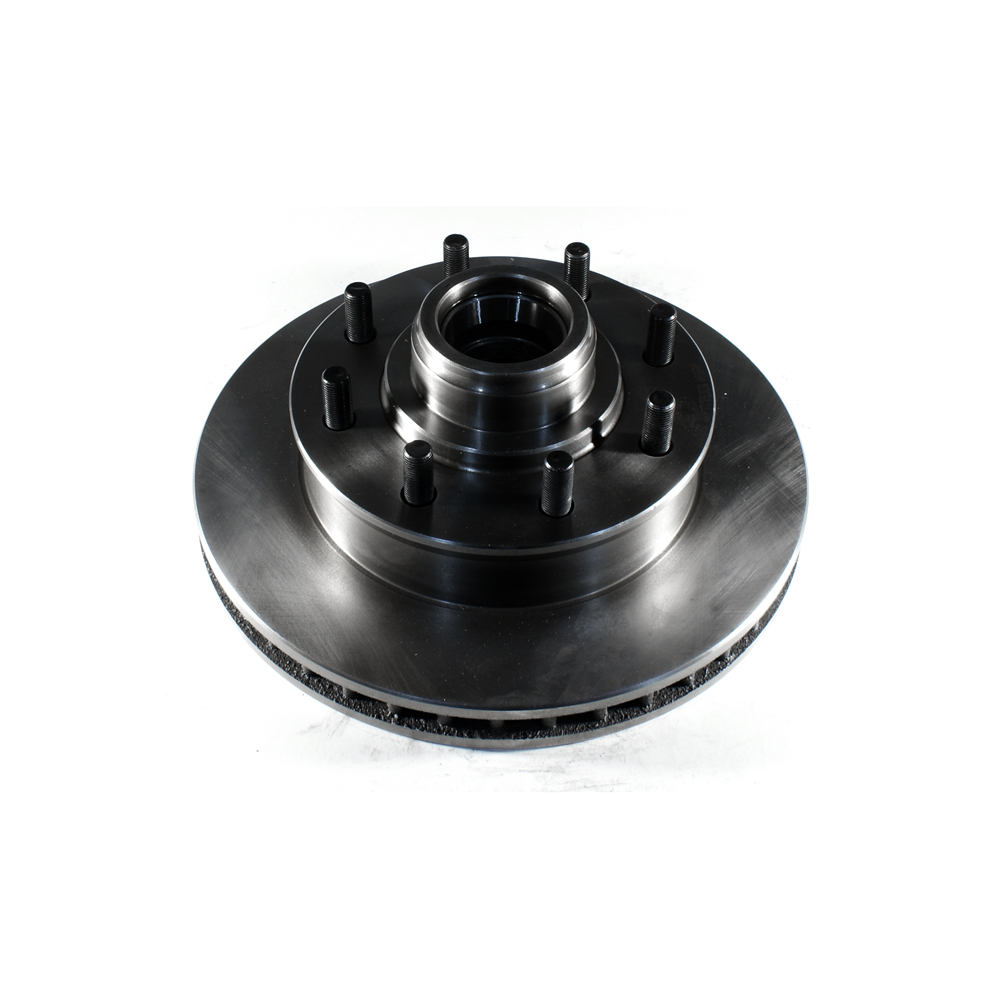
Part No: BR5598
Raybestos: 56263
OE: 18060216
Raybestos: 56263
OE: 18060216
$92.63 each
Per Car QTY: 2
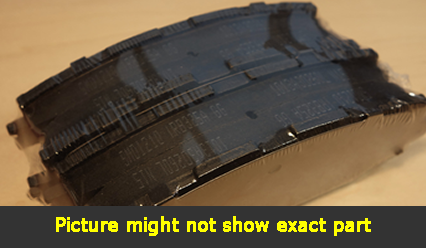
Part No: SMD370
Raybestos:
OE:
Raybestos:
OE:
$20.34 each
Per Car QTY: 1
When it comes to automotive safety, the braking system is one of the most critical components of any vehicle. In the case of the 2000 Chevrolet Express 3500, a reliable and efficient brake system is essential for the proper functioning of this heavy-duty commercial van.
The brakes on the 2000 Chevrolet Express 3500 are designed to provide the driver with ultimate control, responsiveness, and stopping power, ensuring the safety of both the occupants of the vehicle and those in its vicinity. With its massive presence and potential load-carrying capability, having a reliable braking system is paramount.
The braking system of the 2000 Chevrolet Express 3500 consists of various components, each playing a vital role in stopping and regulating the vehicle's movement. These components include brake pads, rotors, calipers, brake lines, and the master cylinder. Let's take a closer look at each of these parts:
1. Brake Pads: The brake pads are crucial for generating friction against the rotors. As the brake pedal is pressed, the brake pads come into contact with the rotors, creating the necessary resistance to bring the vehicle to a halt. It is vital to regularly inspect and replace brake pads to ensure optimal performance and safety.
2. Rotors: The rotors, also known as brake discs, are the part of the braking system that spin with the wheels. When the brake pads press against them, they create the necessary friction to slow down or stop the vehicle. Over time, rotors can become worn or warped and should be checked regularly to maintain braking efficiency.
3. Calipers: Brake calipers hold the brake pads and are responsible for applying the necessary pressure for the pads to clamp onto the rotors. A malfunctioning caliper can cause uneven braking or reduce stopping power, necessitating maintenance or replacement.
4. Brake Lines: Brake lines are essential for transmitting hydraulic pressure from the master cylinder to the calipers. Over time, these lines can become corroded or damaged, leading to spongy brakes or leaks. Regular inspections and maintenance are crucial to ensure optimal brake function.
5. Master Cylinder: The master cylinder is the heart of the brake system, converting the driver's input into hydraulic pressure. Any issues with the master cylinder, such as leaks or loss of pressure, can significantly affect the braking performance and should be addressed promptly.
Proper maintenance of the braking system in the 2000 Chevrolet Express 3500 is crucial for safe and efficient operation. Regular inspections, periodic brake fluid flushes, and timely replacement of worn-out components are all important to ensure the vehicle's brakes deliver optimal performance.
Additionally, it is crucial to keep in mind that a vehicle's braking system is only as good as the quality of the replacement parts used. When replacing brake pads, rotors, or any other braking components, it is advisable to use OEM (Original Equipment Manufacturer) parts or top-quality aftermarket parts specifically designed for the 2000 Chevrolet Express 3500.
In conclusion, the braking system of the 2000 Chevrolet Express 3500 is a critical component for ensuring the safety and control of this heavy-duty commercial van. Regular maintenance, inspections, and the use of high-quality parts are essential to maintain optimal braking performance. By prioritizing the brakes, owners can feel confident in the reliability of their vehicle even in the most demanding situations.
The brakes on the 2000 Chevrolet Express 3500 are designed to provide the driver with ultimate control, responsiveness, and stopping power, ensuring the safety of both the occupants of the vehicle and those in its vicinity. With its massive presence and potential load-carrying capability, having a reliable braking system is paramount.
The braking system of the 2000 Chevrolet Express 3500 consists of various components, each playing a vital role in stopping and regulating the vehicle's movement. These components include brake pads, rotors, calipers, brake lines, and the master cylinder. Let's take a closer look at each of these parts:
1. Brake Pads: The brake pads are crucial for generating friction against the rotors. As the brake pedal is pressed, the brake pads come into contact with the rotors, creating the necessary resistance to bring the vehicle to a halt. It is vital to regularly inspect and replace brake pads to ensure optimal performance and safety.
2. Rotors: The rotors, also known as brake discs, are the part of the braking system that spin with the wheels. When the brake pads press against them, they create the necessary friction to slow down or stop the vehicle. Over time, rotors can become worn or warped and should be checked regularly to maintain braking efficiency.
3. Calipers: Brake calipers hold the brake pads and are responsible for applying the necessary pressure for the pads to clamp onto the rotors. A malfunctioning caliper can cause uneven braking or reduce stopping power, necessitating maintenance or replacement.
4. Brake Lines: Brake lines are essential for transmitting hydraulic pressure from the master cylinder to the calipers. Over time, these lines can become corroded or damaged, leading to spongy brakes or leaks. Regular inspections and maintenance are crucial to ensure optimal brake function.
5. Master Cylinder: The master cylinder is the heart of the brake system, converting the driver's input into hydraulic pressure. Any issues with the master cylinder, such as leaks or loss of pressure, can significantly affect the braking performance and should be addressed promptly.
Proper maintenance of the braking system in the 2000 Chevrolet Express 3500 is crucial for safe and efficient operation. Regular inspections, periodic brake fluid flushes, and timely replacement of worn-out components are all important to ensure the vehicle's brakes deliver optimal performance.
Additionally, it is crucial to keep in mind that a vehicle's braking system is only as good as the quality of the replacement parts used. When replacing brake pads, rotors, or any other braking components, it is advisable to use OEM (Original Equipment Manufacturer) parts or top-quality aftermarket parts specifically designed for the 2000 Chevrolet Express 3500.
In conclusion, the braking system of the 2000 Chevrolet Express 3500 is a critical component for ensuring the safety and control of this heavy-duty commercial van. Regular maintenance, inspections, and the use of high-quality parts are essential to maintain optimal braking performance. By prioritizing the brakes, owners can feel confident in the reliability of their vehicle even in the most demanding situations.


